Sunil Kant Munjal: Championing the Arts in India Through the Serendipity Arts Festival and Beyond
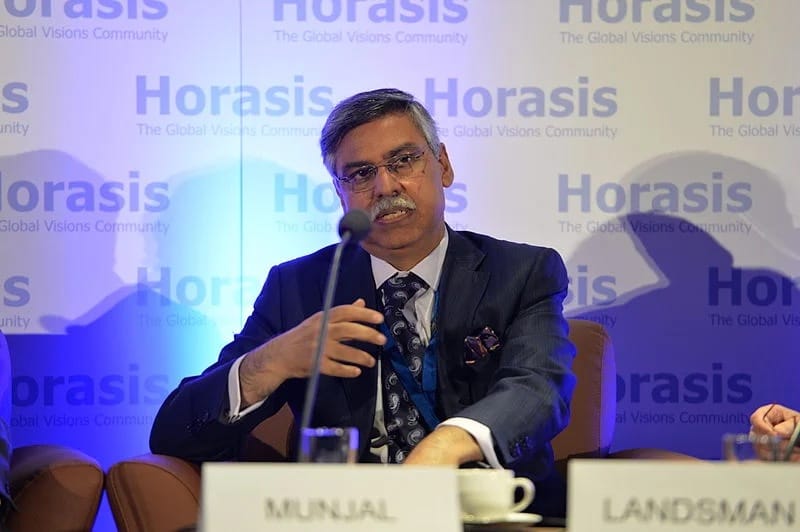
Sunil Kant Munjal is a prominent Indian businessman, philanthropist, and avid supporter of the arts. He is widely known for his contribution to the Indian economy as the former Joint Managing Director of Hero MotoCorp, the world’s largest manufacturer of two-wheeled vehicles. His passion for the arts has also been a defining aspect of his life, as he firmly believes in their power to inspire, connect, and enrich communities. Munjal’s commitment to promoting the arts has led him to support numerous initiatives across India, including the Serendipity Arts Festival. As the founder of the festival, he has played a key role in promoting its mission to showcase and celebrate the diverse artistic traditions of India. In this interview, we will delve deeper into Munjal’s personal and professional journey, as well as his vision for the future of the arts in India.
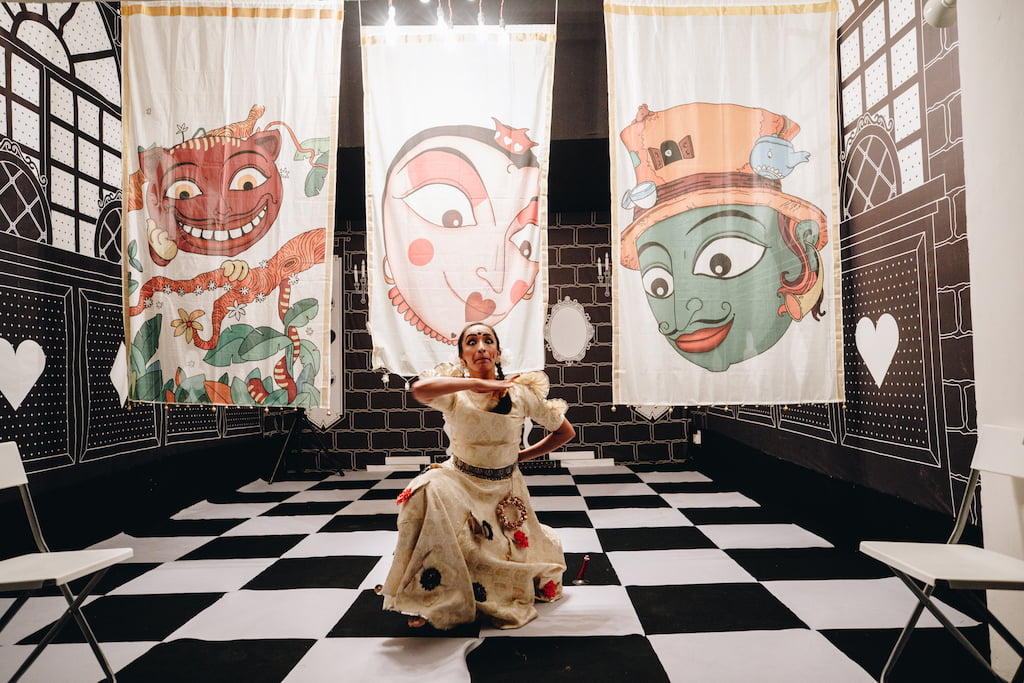
Serenade Team: The Serendipity Arts Festival is renowned for its diversity and innovation in showcasing a range of art forms. Its focus on interdisciplinary collaboration and experimentation has established it as a leader in the arts community and is considered one of the most important and dynamic festivals in India today. What inspired you to become a patron of the arts and found the Serendipity Arts Foundation?
Sunil Kant Munjal: I have been interested in the arts from a young age. I had the privilege of having renowned artists such as Alla Rakha and Ravi Shankar perform in my home in Ludhiana. My dad and uncle were also interested in the arts and used to participate in various activities. At school, I received good exposure to the arts as we had an art school with distinguished artists as teachers, and we had every art form available, including sculpture, painting, pottery, and furnaces.
When I moved to Delhi, my friends asked me to organize some shows there. We decided that establishing a foundation to support and promote a range of multidisciplinary art forms would be a beneficial step. We aimed to shift from merely providing grants and supporting artists to organising events that would expose large numbers of people to various art forms. Additionally, we hoped to bridge the gap between India and the world and connect India with its neighbouring countries.
One of the ways we wanted to do this was through our annual festival, the Serendipity Arts Festival. The festival is held in Goa and brings together artists and performers from all over India and the world to showcase their work. It covers a wide range of art forms, from music to dance, theatre, visual arts, and more.
We also started several other initiatives, like artist residencies, where artists can come and work on their craft in a supportive environment; education and outreach programs, where we work with schools and communities to expose them to the arts; and grants and fellowships, where we support emerging artists and help them take their work to the next level.
Of course, we know that we can’t do this alone. We’re just one organisation, and there’s so much more work to be done. But we’re hopeful that by creating this platform and bringing people together, we can help to spark a new era of creativity and innovation in India’s arts and culture scene.
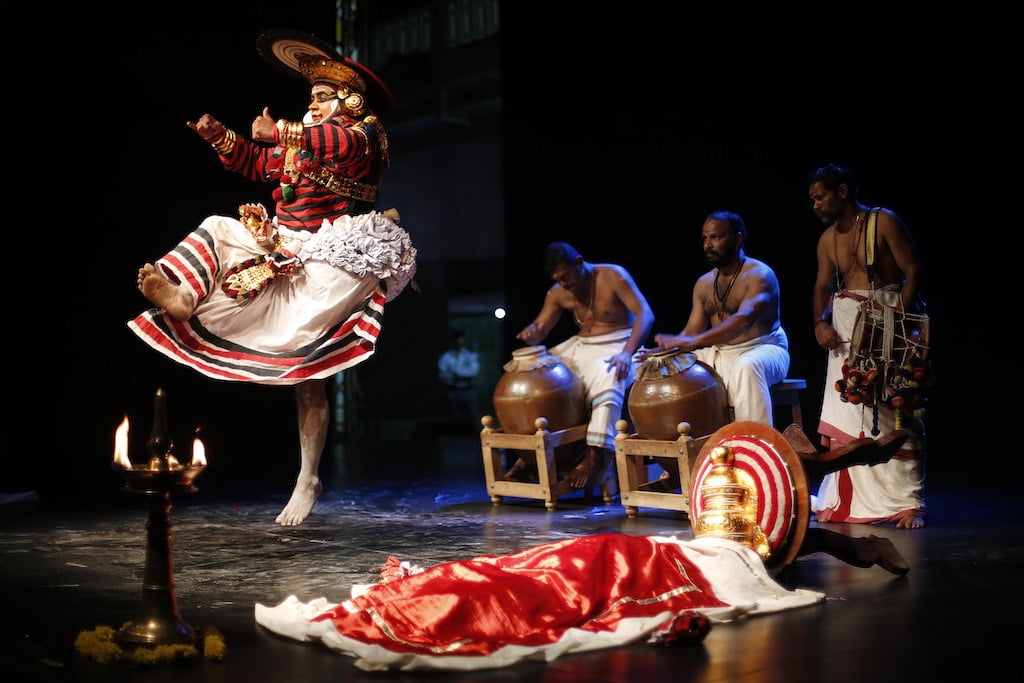
ST: How do you think the arts can contribute to the overall development and progress of a community?
SKM: The arts have a special place because they speak to the story much more than pure commercial activity. They are also a reflection of what is happening in society. If you look through history, writers, authors, artists, filmmakers, dancers, and musicians have either commented on what is going on around us or driven behaviour. A lot of it has come through protest.
So, the arts are also, in many ways, a great leveller. Anybody and everybody can have an appreciation of the arts, and anybody and everybody can produce great art that inspires others. That is the beauty of the arts, that it inspires people. And it is never consisting of a single meaning. If you look at an abstract piece of art, you may often ask, “What is the meaning of this one?” My question, rather than the answer, is, “What does it mean to you?” That is the meaning of abstract art because to each one of us, it appears to be something different, and that is also the mystery and the beauty of art.
It is the same with music and theatre. Each one is a commentary on the state of society, and each one is a way to get people involved in a larger mission for a better world.
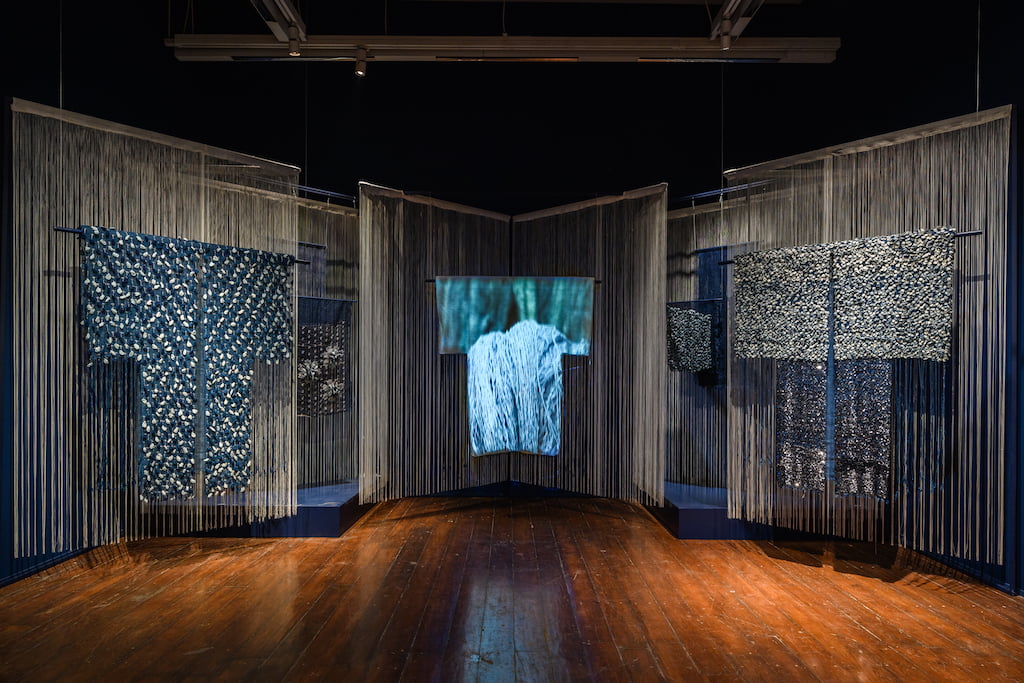
ST: What is the role of education and mentorship in the arts, and how does the festival provide opportunities for learning and growth for artists and audiences alike?
SKM: Like everything else, whether you are studying history, chemistry, or physics, to be a good practitioner, to allow that discipline to grow, and even to appreciate what is going on, education is an important part. Education is not just for the artist themselves, but also for the audience. If we want to build a society that has a softer outlook and is more effective without brute strength, then it is essential that we promote the arts in all their myriad forms and fashions. Therefore, exposure, skilling, and education are critical.
The Serendipity Arts Foundation is constantly looking at creating growth momentum, competing with itself, and creating scale for better effectivity. In a large, complex, diverse society like ours, if you want to make a real impact, scale is an essential requirement.
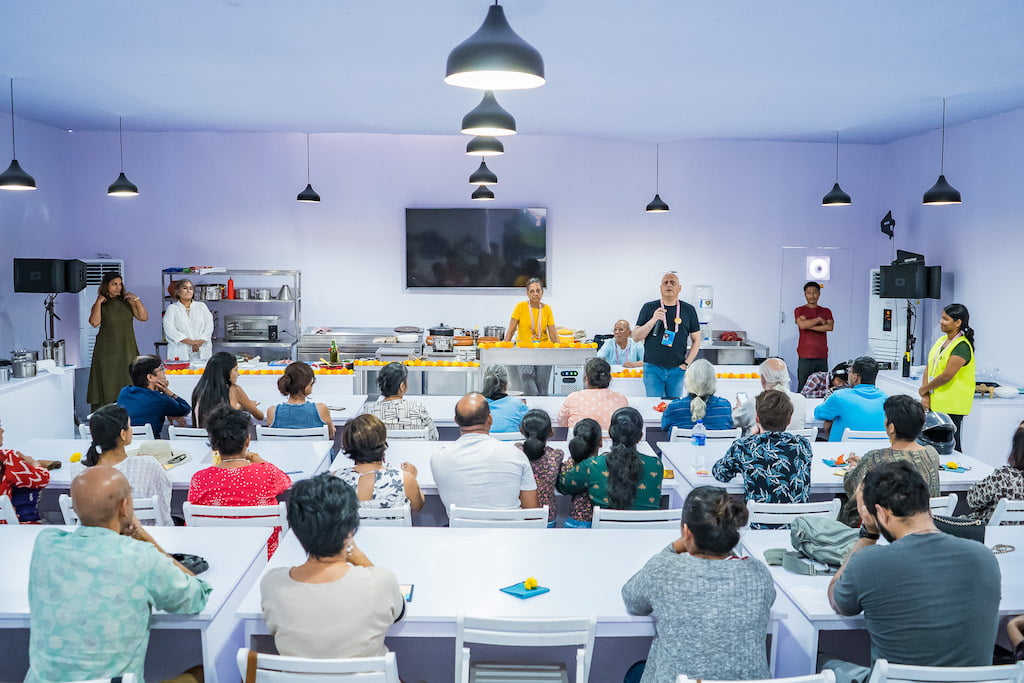
ST: How do you balance your philanthropic endeavours with your responsibilities as chairman of Hero Enterprise?
SKM: All of us have multiple roles that we play in our lives, whether as a son, brother, cousin, or friend. In our professional lives, we also have multiple responsibilities. But those of us who are fortunate enough to have these amazing opportunities, such as good education, supportive families, and good jobs, have a responsibility because we live in a society where millions of people are still going to bed hungry. The abject poverty that still exists in large parts of our societies is worrying at a human level because it is completely unfair. From a rational angle, not fixing it is what causes revolutions and strife. From an economic angle, helping to create consumers can only do good for the society.
No matter what you do, it’s important to operate in an organised fashion. We run our non-profits in the same way as we run our businesses, using the same kind of governance systems, processes, and practices, and well-chosen professionals in all of them. We even use ERPs in our foundations, which is somewhat unusual in India. We set goals, benchmarks, have targets and budgets, and monitor all of them, so there is no difference from the way we operate our companies.
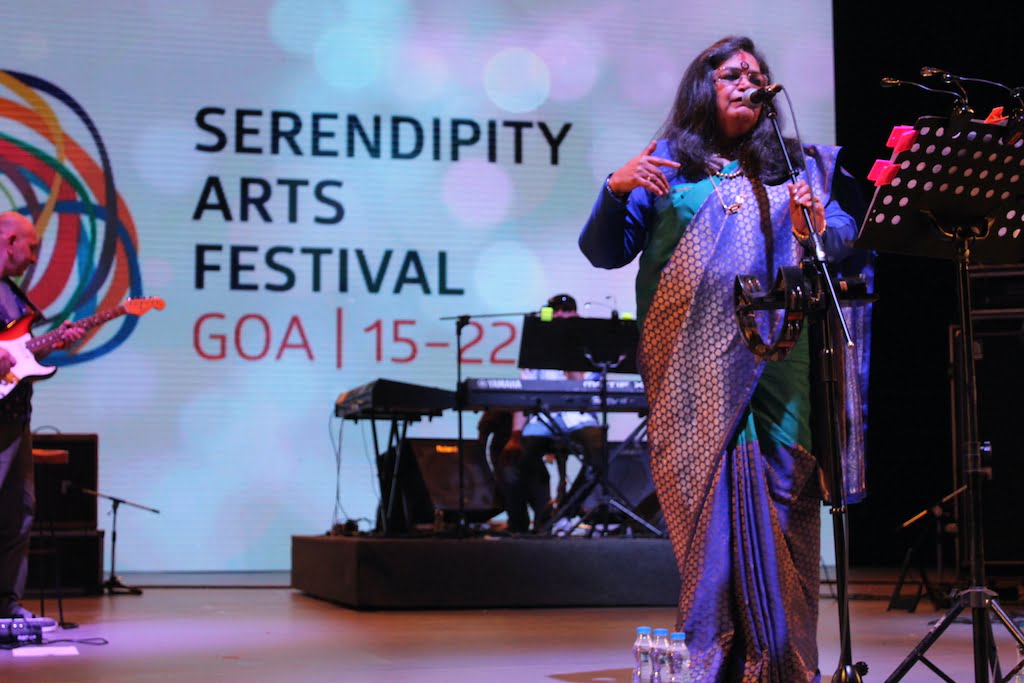
ST: How do you measure the impact of your philanthropic efforts and what have been some of your challenges?
SKM: We measure impact in the same way as we measure any company’s production or service quality. We measure how many artists were reached, how many benefited from what we did, how many visitors came, how many came back again, and what the economic impact was, such as during the festival in Goa. We get independent impact studies done after the festival, and the numbers are staggering.
The challenges to achieve these are no different from the challenges you face in any other area of life, including in businesses. To overcome these challenges, we need to get more people aligned to create a common vision that is shared, have a little bit of missionary zeal in how the implementation is done, and be willing to make mistakes and learn from them.
The other challenge is the perception of the arts in a large part or section of our society is that you will only engage with it when you have time available. That’s one of the things we are trying to address through the impact of demonstrating large-scale projects which reach many, many people for them to test for themselves whether they are interested or not.
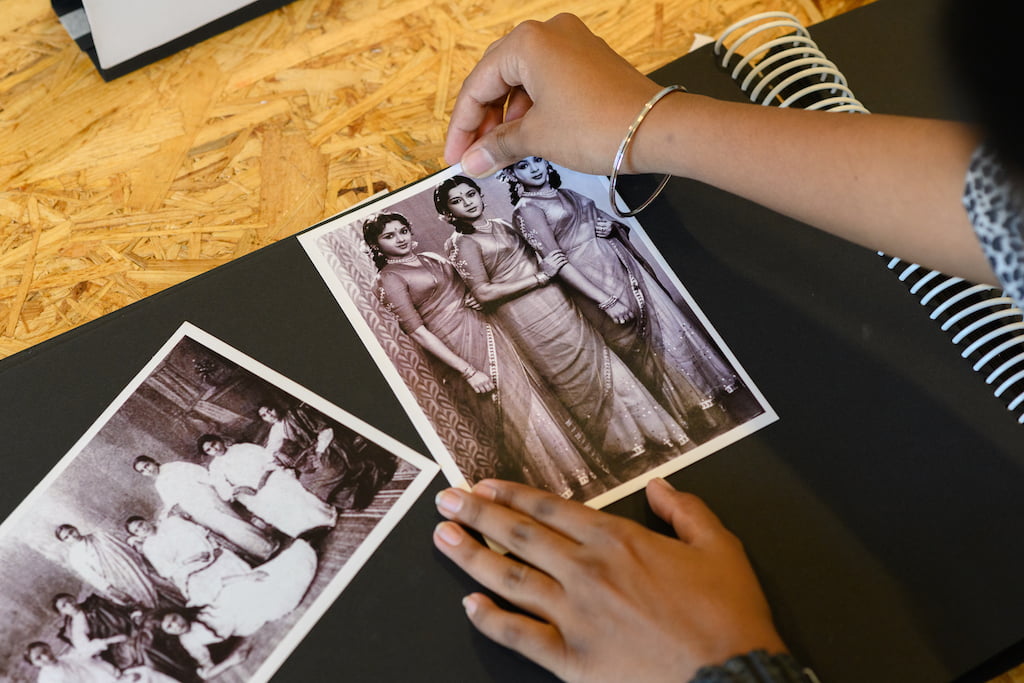
ST: What was your experience writing The Making of Hero: Four Brothers, Two Wheels and a Revolution that Shaped India?
SKM: The writing of the book came about due to many requests from famous writers, authors, historians, business consultants, and experts who asked us to write a book on the company or family. Initially, my father and uncles refused as they preferred to keep a low profile and focus on doing the right thing. But the requests kept coming, and finally, I convinced my father that the book could inspire people and share our values and experiences with others.
We tried to keep the book as honest and simple as possible, as it covers the family’s history, the company’s growth, India’s economic crisis, and the world’s changing landscape. It is a book that can be read by anyone, and different people will take different things out of it.
Overall, the book shows that success can be achieved through simplicity and a strong value system. It is not the most common way things are done, but it is effective.
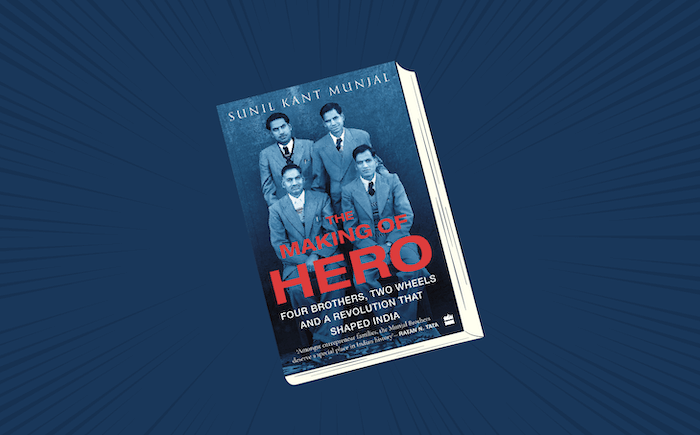
ST: Lastly, I’d like to know more about the value system you mentioned in the book. Does it affect how you think about philanthropy?
SKM: The book discusses the value system, which prioritises understanding and respecting people as the most important resource, building and retaining relationships over long periods of time, having a concern for the environment, both for communities that live and work around our operations and the environment of the ecosystem. These have become very hot topics of sustainability today.
Another value is fairness, which can be complex and tough to achieve sometimes. However, it is doable.
The last value is to realise that none of us will ever have all the answers or intelligence, so we should approach everything with humility and respect, knowing that success requires the involvement of many individuals, people, and institutions.
If we can keep these values in mind, they may seem like simple motherhood statements, but they work. If we genuinely allow them into our lives, they can simplify many things. We tend to create clutter and complicate things unnecessarily. By focusing on doing the right thing and making decisions for the right reasons, we can simplify many aspects of our lives. This is how the book came to be.
The eighth edition of the Serendipity Arts Festival will take place in Goa between December 15-23, 2023.





